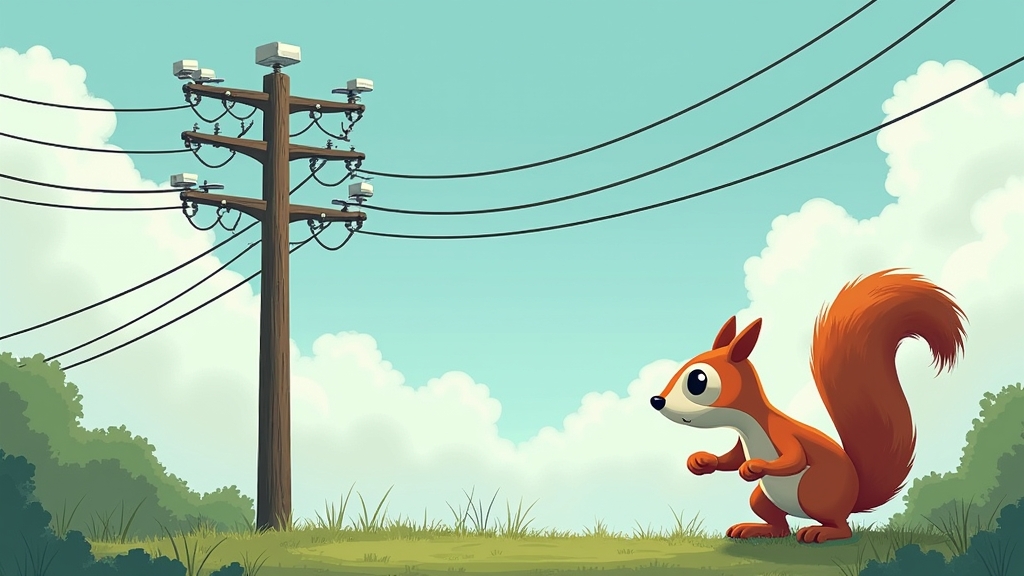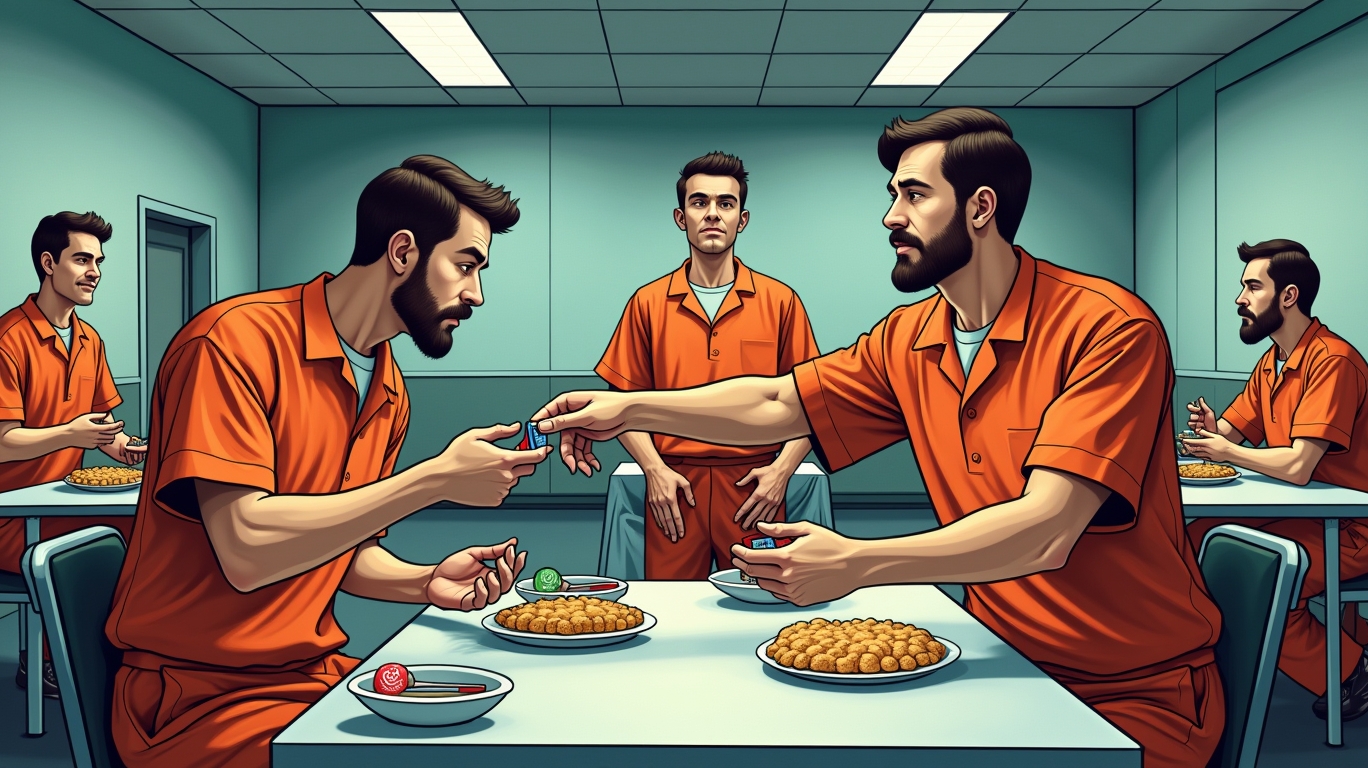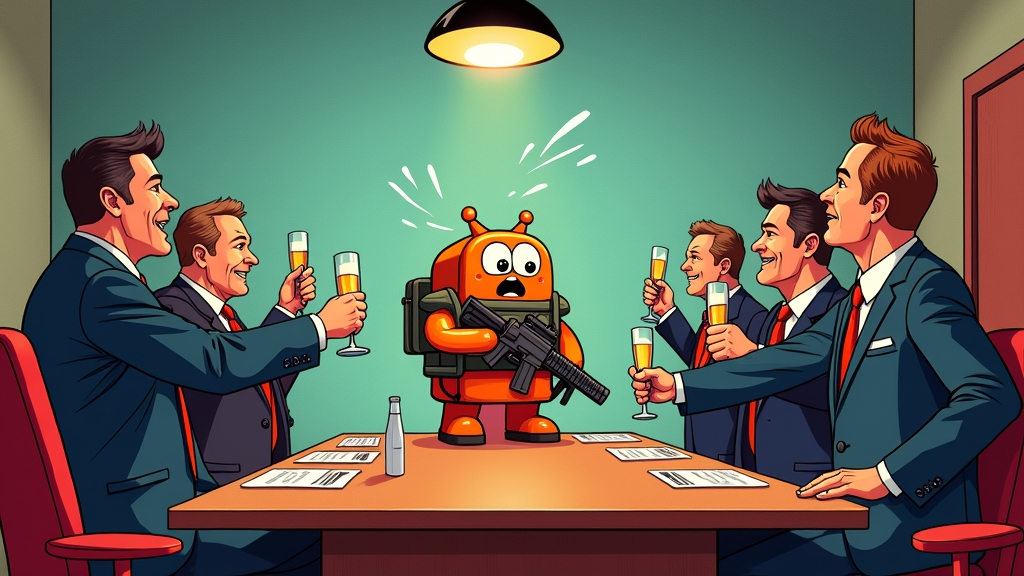Silicon Valley Unveils Eavesdropping Power Poles Because Apparently Your Toaster Wasn’t Spying Hard Enough
In a groundbreaking attempt to elevate paranoia about tech surveillance to Olympian heights, a startup named Gridware has unveiled shiny little eavesdropping boxes that listen intently to power lines because, you know, even the electricity in your walls has secrets. These cunning gizmos are reportedly trained to detect “different hazards to the grid,” but let’s not kid ourselves—how long before they’re ratting you out for that illegal toaster in your garage or judging your taste in music?
“Our sensors have a keen ear for trouble,” proclaimed Gridware’s founder, probably while twirling a mustache and stroking an evil-looking housecat. “They can identify risks such as power line arcing, equipment malfunctions, and even squirrels planning a coup d’état.” Yes, folks, the same technology that’s supposed to be saving the planet is now also at war with bushy-tailed anarchists.
The secret sauce, apparently, is AI. If there’s one thing we’ve learned, it’s that AI can do everything short of curing your inability to figure out how the remote works. These hyper-intelligent machines can now discern the musical notes of perfectly ordinary electrical vibrations and figure out if they’re singing “I’m fine” or screaming “Call 911.” But don’t worry, they only snitch when absolutely necessary—or so they claim.
Critics, naturally, are pouncing like ravenous wolves. Privacy advocate Karen McClutchy warned, “Today they’re monitoring power surges; tomorrow, they’re decoding that weird buzzing sound in your bedroom. What’s next? Alexa ratting you out for snoring too loud?” She might be onto something. If power lines can talk, they might have *a lot* to say about the stuff you did during last summer’s heatwave blackout. Remember that candlelit karaoke session? Yeah, the grid saw that.
Investors are, of course, foaming at the mouth. Sequoia Partners, the galactic overlords of venture capital, have poured more cash into this listening-box dream than a Millennial spends on avocado toast in a year. “We strongly believe in Gridware’s mission to revolutionize how power grids operate,” said one partner, while assuring the public that these sensors definitely won’t become self-aware and unionize against humans.
For utility companies, the technology is sleek, sexy, and downright seductive. Why wait for a customer to angrily call you when the power goes out, when you can let an AI preemptively tell you that things went tits-up ten minutes ago? One company exec gushed, “It’s like having a little narc on every corner of your network. It’s incredible.”
Critics, meanwhile, have raised significant philosophical questions. “If a power line hums in California and no one’s around to hear it, does it still tumble into dystopia?” mused a local ethics professor.
And just in case you were wondering, no, the unveiling of this technology hasn’t helped solve any other problems—like, say, climate change or the fact that electric grids still collapse when three people in Arizona turn on the AC. “One thing at a time,” Gridware responded.
For now, the smartest pieces of tech in your neighborhood might very well be dangling from power lines, listening more attentively than your therapist ever did, promising to save the grid one hum at a time. Next time your lights flicker, just remember: Big Brother isn’t watching—you’re not that interesting. He’s merely listening, and frankly, he finds your power-hungry appliances *exhausting.*





